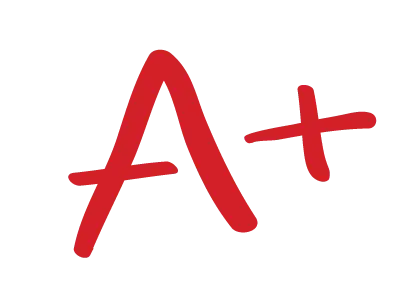I. The Self
Discuss the avocado idea of the self and explain at least one version of the idea that human beings have a shared essential nature. Contrast this account with the artichoke idea of the self (drawing upon phenomenology and existentialism to develop your account) and a discussion of how the modern/avocado and postmodern/artichoke ideas of the self differ. You may use your analysis from the Week 2 and 3 discussion assignments to develop your account in Part I.
II. Truth and Reality
Discuss how these ideas of the self are disclosed in art by choosing an example of a character/narrator/subject in a work of art (novel, poem, film, graphic novel, short story, television show, song, painting, etc.) who you think captures the avocado/modern idea that we have an essential, shared human nature and that the self and the world are distinct entities. Then, choose an example of a work of art that you think illustrates the artichoke/post-modern idea of the self. Consider the following ideas and questions in your analysis of these two examples:
Are the self and the material world distinct entities, as Descartes thinks? What are some examples of representative art that illustrate the idea that the subject/mind and the object/world/body are distinct? Alternatively, are the self and the world organic unities, as Schelling argues? How might artistic creation express this unity of subject and object?
Is art mimesis/representation (as in Platonism and Aristotelian aesthetics) or is it a means of transforming the self and reality? Might it be aspirational, allowing us to achieve catharsis, as Aristotle suggests? Consider, too, how the idea of art as representation is akin to the avocado view while the idea of art as transformative is more like the artichoke view.
III. Art and Philosophy
What is the relationship between art and philosophy? Do you agree with Descartes that logic and critical thinking are the best means of achieving certainty about reality and existence, or is your view more akin to the perspective of Keats, Schelling, Schopenhauer, Nietzsche, and/or Heidegger that art is the ultimate expression of truth? How are these views a rejection of the natural standpoint we see adopted by empiricism and rationalism and rejected by phenomenology?
Do some kinds of art (music, for example) express the truth more fully than others? How so? How does the idea and purpose of art differ across cultures?
Introducing our Online Essay Writing Services Agency, where you can confidently place orders for a wide range of academic assignments. Our reputable homework writing company specializes in crafting essays, term papers, research papers, capstone projects, movie reviews, presentations, annotated bibliographies, reaction papers, research proposals, discussions, and various other assignments. Rest assured, our content is guaranteed to be 100% original, as every piece is meticulously written from scratch. Say goodbye to concerns about plagiarism and trust us to deliver authentic and high-quality work.
WRITE THIS ESSAY FOR ME
Tell us about your assignment and we will find the best writer for your paper.
Get Help Now!


